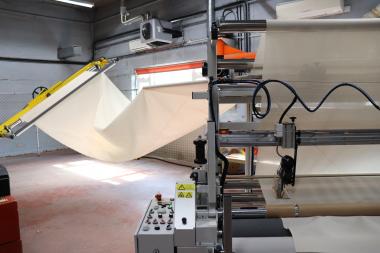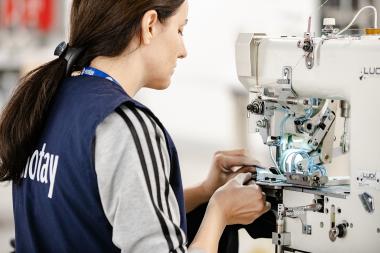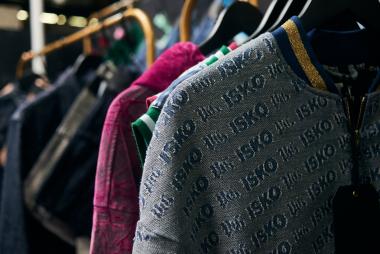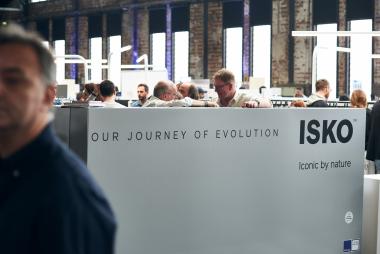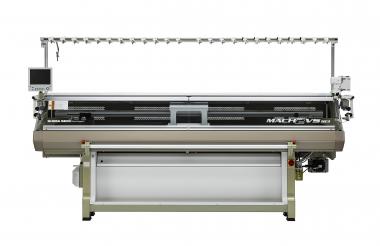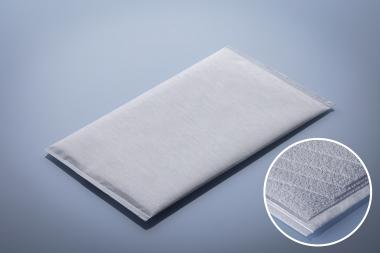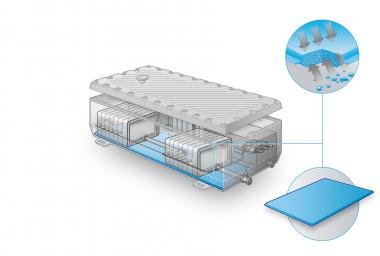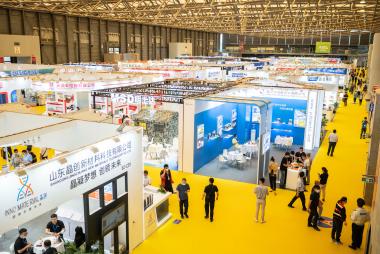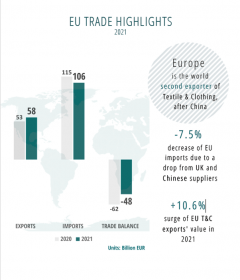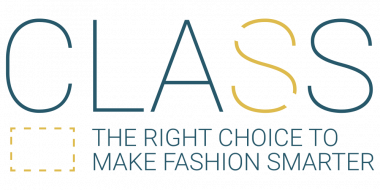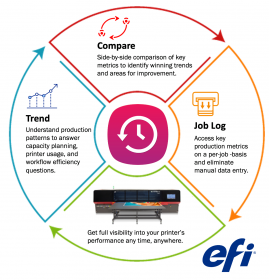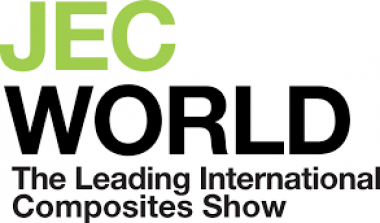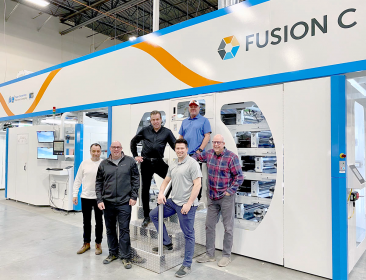Albini joins C.L.A.S.S. Material Hub
Albini Group, historic manufacturer of high-end shirting fabrics, meets C.L.A.S.S. Eco Hub, international platform for the promotion and development of innovative and sustainable textiles. Two groundbreaking companies joining forces in the name of ethical and technological development through the C.L.A.S.S. Material Hub, the section dedicated to fibers, threads, yarns and fabrics that are changing the fashion and textile industry. The values in which Albini Group believes and the strong sensitivity to environmental issues have led the company to also address the issue of the risk of toxic and harmful chemicals in a systemic way, integrating into the production cycles activities and controls aimed at gradually eliminating their presence, with the clear objective of protecting man and the environment.
Three main research areas - innovative fibers and yarns, sustainable dyes and green chemistry - united by the task of transferring cutting-edge technologies through open innovation. Among the new projects presented is "Off the Grain," born from the collaboration with Riso Gallo, a leading rice producer in Italy. It is a new type of dye derived from the processing of a particular variety of black rice: the boiling water of the rice, which can no longer be used for the food industry, is transformed into a natural dye, resulting in significant water savings during the dyeing process.
"Grounded Indigo" is a natural textile dyestuff, born from the search for dyeing practices that are more responsible to people and the environment. For this project, ALBINI_next chose to collaborate with Stony Creek Colors, an American producer of the world's only 100% plant-based indigo that is USDA BioPreferred certified.
The third project, called "HempFeel," is an innovative hemp oil-based finishing, tipically used for cosmetic products. ALBINI_next was the first company to apply it to fabrics of different weights, compositions and structures. HempFeel replaces silicones usually used in finishing, thus reducing the release of microplastics and giving fabrics a soft and durable hand.
"When discussing values related to creativity, next-generation production and commitment to ethics and traceability, Albini is an extremely important point of reference." says Giusy Bettoni, founder and CEO of C.L.A.S.S. "This is why we are delighted with its inclusion within our Material Hub, alongside its colleagues of the responsible innovation movement. Follow us on this new common path. Next- generation solutions and nice surprises will not be missed."
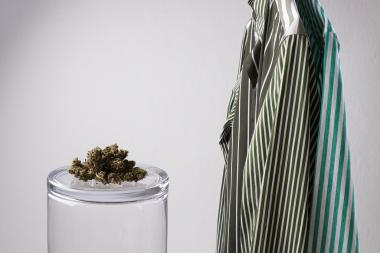 (c) Albini Group
(c) Albini Group
 (c) Albini Group
(c) Albini Group
 (c) Albini Group
(c) Albini Group
 (c) Albini Group
(c) Albini Group
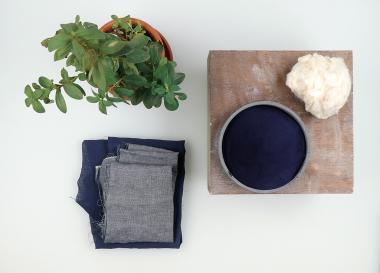 (c) Albini Group
(c) Albini Group
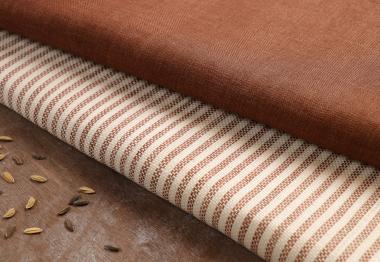 (c) Albini Group
(c) Albini Group
 (c) Albini Group
(c) Albini Group
C.L.A.S.S. and Albini Group






